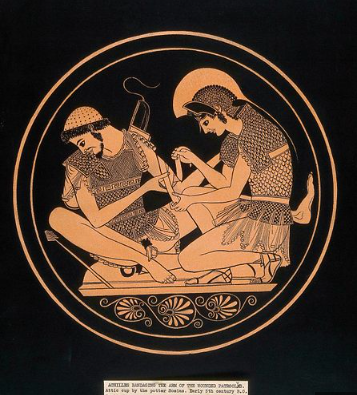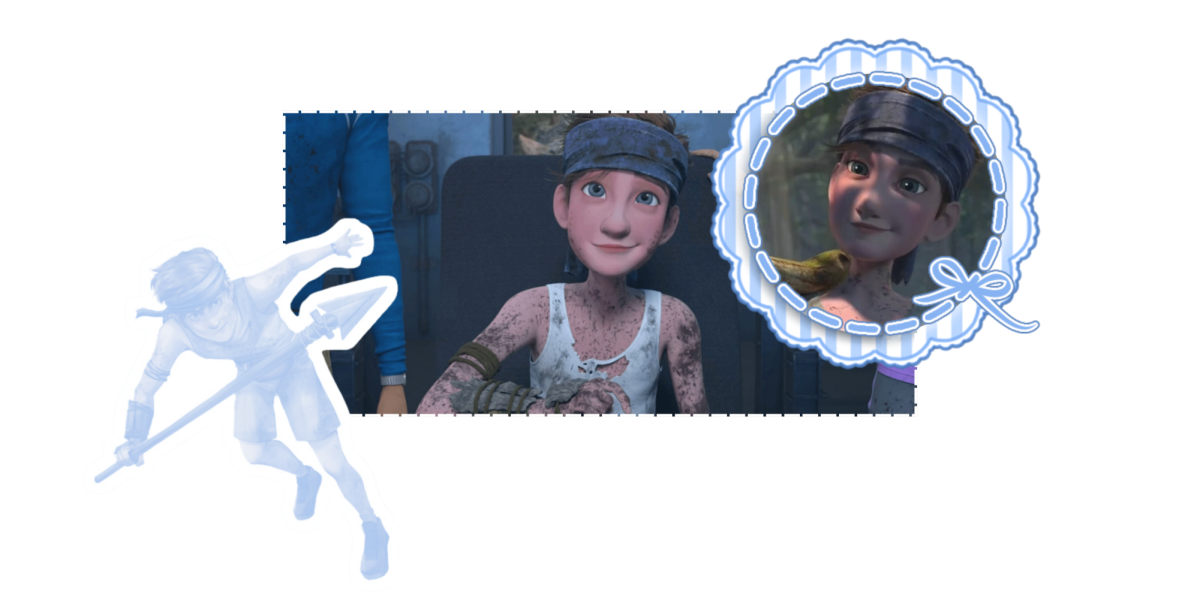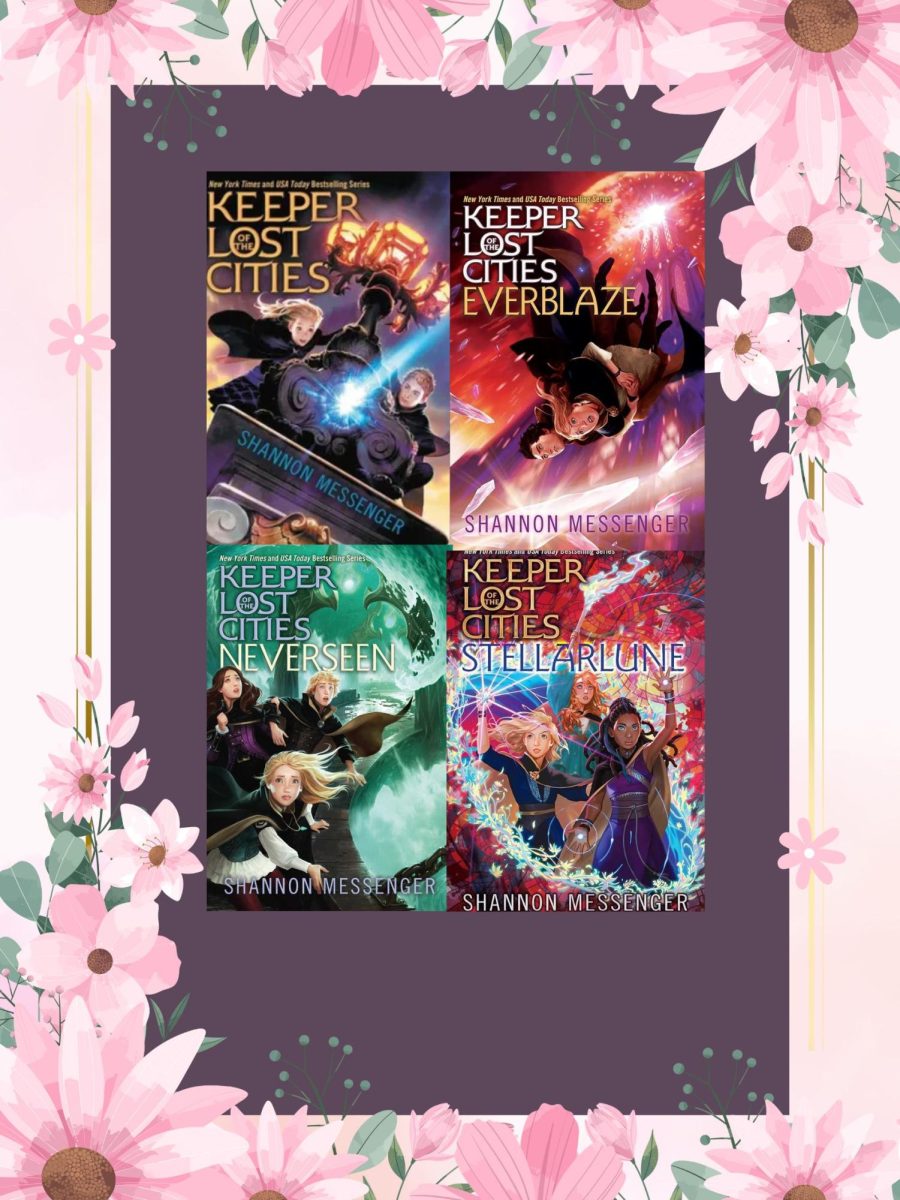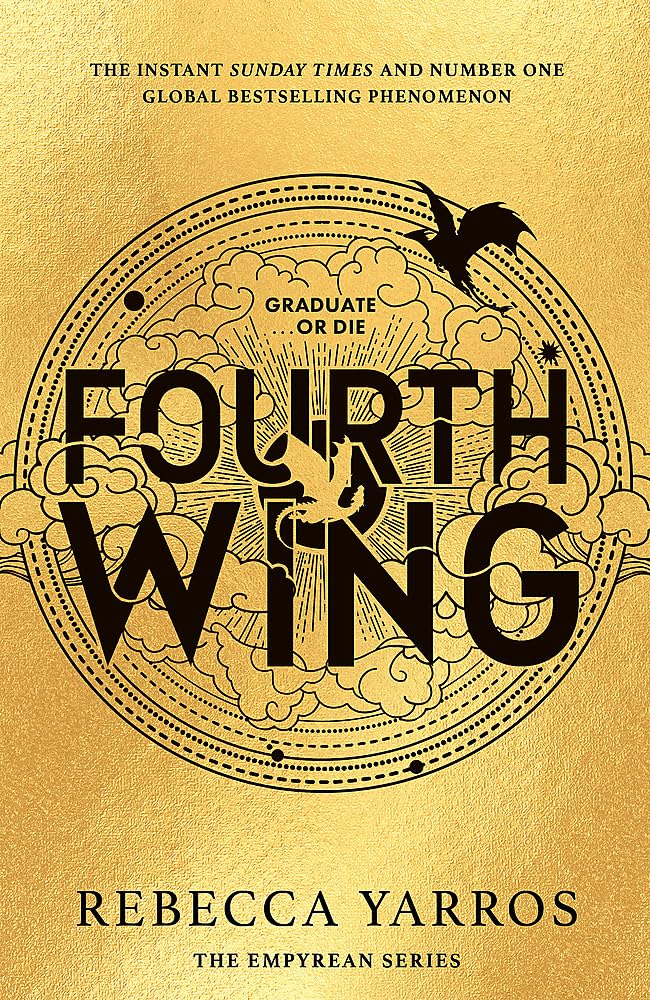
The Song of Achilles by Madeline Miller is the romance of the century, a perfect mix between Greek Mythology and historical events. It’s a retelling of the Trojan War based on Homer’s Iliad, a famous poem about Greek hero, Achilles. Achilles is a demigod, the son of a human and a sea goddess, Thetis. He meets Patroclus, an exiled prince from a far away kingdom, and their connection almost feels orchestrated by the stars. That is until Patroclus learns of a curse put upon Achilles that could tear them apart. Achilles’ mother, Thetis, saw a vision that he was to die after a Greek soldier by the name of Hector.
Throughout the years the boys grow closer, pushing the boundary of friendship and romance. When the Queen of Sparta, Helen, is kidnapped by the Prince of Troy, Achilles and Patroclus are sent to war. As their future grows bleak, their love only shines brighter.
This book tore me apart and pieced me back together in one week. Miller’s writing style and use of descriptive language makes their connection all the more real. Miller appeals to emotion by making Patroclus the narrator, helping the reader understand the depths of Patroclus’ love for Achilles. Many people can relate to the intense emotions he feels.
This narrative tactic makes their connection something worth rooting for. The love they have for each other is pure, something that the reader can hold onto throughout the book. In many books, you don’t have a relationship dynamic to support until later in the story, but in Song of Achilles you instantly want them to fight for their love and friendship.
“The author paints the characters in a very nuanced way which I think helps make them seem more human,” says reader Zara Abston (23’). “The Song of Achilles has a lot of poetic qualities like using metaphors and playing with sentence structure that make it sound beautiful, and allow the feelings to come through every sentence.”
While Patroclus’ point of view does a lot of good for the development of the story, it also inhibits it. He has a tendency to put Achilles on a pedestal, refusing to acknowledge his faults. While Greek Gods were often idolized in mythology, it provides for an interesting contrast between how Patroclus views Achilles and how the reader does. This can create a lot of frustration because the reader sees flaws in Achilles that Patroclus cannot.
The book may feel rushed for some towards the end; the author focuses on establishing Achilles and Patroclus’ connection throughout most of the book and the majority of Achilles’ later life is compiled in 100 pages. For example, they mesh the entirety of the Trojan War, one of the longest wars in Greek history, into just under ten chapters. For readers who chose this book because of their love for Greek History, this could be frustrating, as it is more of an emotional read than an accurate one to history.
Troy Savramis, my coworker and an avid Song of Achilles fan, agreed that “the Author was being faithful to the source (the Iliad) to a fault…the book spent too much time in the first half making the rest of the book feel very rushed. It became less stylized.”
I wouldn’t recommend this book to massive fans of Greek history. It’s more suited for those who need a good cry – and I’m talking sobbing for at least half an hour after. I would also recommend it to those who love a good long emotional sonnet, the kind that leaves you speechless.













